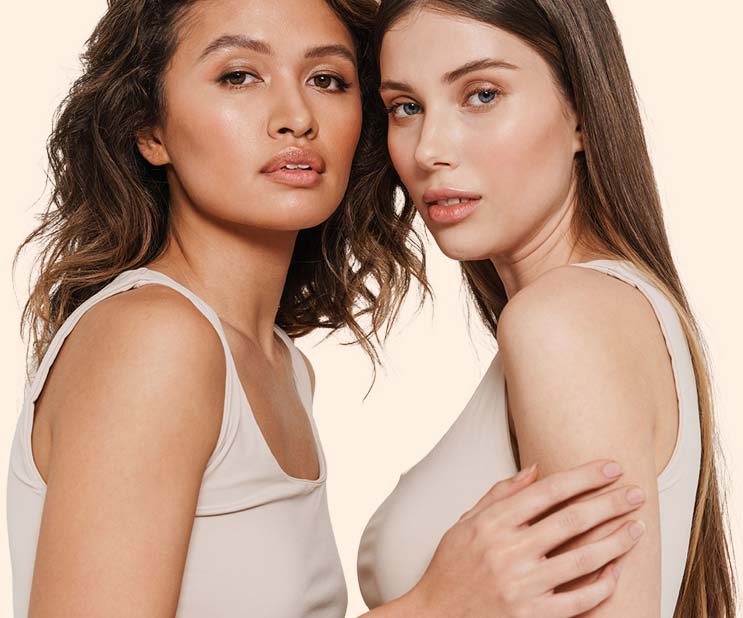Skincare enthusiasts often insist on the importance of sunscreen. It is one of the products that make part of a healthy skincare routine.
There are many different sunscreens with multiple promises on how they protect the skin. But, we all know that in the cosmetic industry, not everything works as it states.
This calls for vigilance when selecting the type of sunscreen to use on the face. It is essential to note that as much as sunscreen is generalized, not all brands work for every skin type. Again, it is not to be used alone, so there are other skincare products to keep in mind.
Who should use sunscreen?
Many people think that it is only useful for women owing to the complex skincare routine they follow.
But did you know that it is useful for everyone?
Just like you slather on lotion every day, so should you apply sunscreen. Whether or not you are exposed, sunscreen is an essential product for everyday use.
Understanding the Terms Used Around Sunscreen
According to The Skin Cancer Foundation, sunscreen is a general term used to describe a product that protects the skin from UV rays. In any of its tube or bottle, you will notice the word SPF. It stands for Sun Protecting Factor. Sunscreens range from SPF 15, 30, and so on.
The number indicates how long the sun’s UVB rays would take to burn your skin. For example, if you use SPF 15 as indicated, it would take you 15 times longer to burn than if you did not sunscreen.
UV rays are classified into three types, which indicate the strength.
- UV-A is the strongest wavelength and penetrates the skin deeper than UV-B.
- UV-B, on the other hand, is responsible for sunburns and is partially blocked by the ozone layer.
- The other type, UV-C, is absorbed by the earth’s atmosphere.
Some sunscreens only protect against UVB rays to prevent sunburn. But since UVB dangers are well known, sunscreens providing broad-spectrum protection are recommended for regular use. These protect against Both UVA and UVB.
What Level of SPF Do You Need in a Sunscreen?
If you intend to stay indoors with only short intervals of exposure to the sun, then SPF 15 works well.
However, if you stay outdoors for many hours, then you need SPF 30 or higher. It is important to note that reapplying sunscreen is important every two hours, especially if you are exposed to the sun for many hours.
The Benefits of Using Sunscreen
The primary benefit of including sunscreen in a skincare routine is protection against UVA and UVB rays. This helps to prevent sunburn, premature aging, and other negative effects on the skin.
Most sunscreens are formulated to work as moisturizing agents for the skin. The right sunscreen should hydrate the skin and lock in moisture to keep the skin healthy and youthful.
With the right one, you can enjoy additional benefits such as smoothing out fine lines and wrinkles (source).
More to this, with a high-quality sunscreen, you can use it as a make-up base with those that do not leave a sticky, oily residue.
Taking care of the skin totals down to the type of routine you adopt. While using high-end products is crucial, including sunscreen as part of the routine is recommended.
Here are some of the best sunscreens on the market; based on our research.

